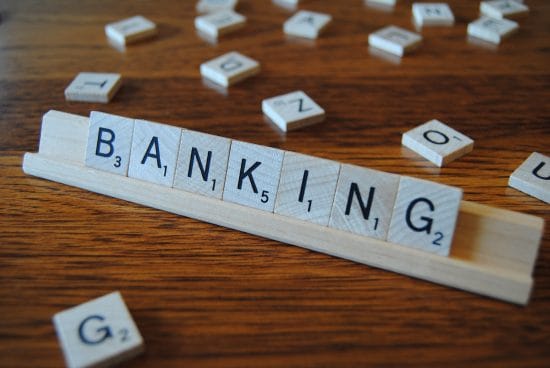
You may have a lot of questions, you may wonder if this account is the right one for you. What, if any, fees will you incur when opening the new account? Can you afford the initial “start-up” if they have minimums? Here are a few things to keep in mind when opening a new bank account:
No Monthly Fees
Scout a banking account that does not have a monthly fee. Some banks charge their customers as much as $10 a month just to keep their accounts up and running. Some accounts allow their users to avoid these fees if they keep a certain amount across all of their accounts held with the company (checking, savings, retirement, etc.). However, it is important to have your money in separate accounts (at separate banks) for a few reasons. If your bank is hacked, you could lose everything. Also, having your savings at a separate bank removes some of the temptation to spend.
No Limitations
Be sure there is no limit to the number of transactions that you can have each month. Some accounts will only allow a certain amount, so at Christmas time, your debit card could stop working because you’ve reached your transaction limit (but it is only Dec. 10). You should also be sure that you are able to withdraw and deposit money freely into your accounts as well as transfer between savings and checking without incurring fees.
Online and Mobile Access
Having online AND mobile access has become increasingly important when searching for the right bank account. Being able to access your account information on-the-go is a must in this fast-paced world. While most accounts offer this, there are some smaller, private banks that do not, so be sure if this is important to you, that the account is accessible on-the-go.
Overdraft Protection
While over drafting in any account is not recommended, you will not incur any fees by simply keeping a healthy account balance and keeping an eye on your expenses. However, linking your checking and savings account may also prevent overdraft fees. If you link the two and your checking account does not have enough for a transaction, the bank will transfer money from savings to checking. Typically, there is a charge for this, but it is much less than the $35 you will incur for overdraft.
If you are living paycheck to paycheck, overdraft protection may be a good idea. If there is no money in your savings, overdraft protection can help. However, be sure if you opt for the protection that the fees are low and that you will not incur more fees than you would if you just went without the protection altogether.
There are a lot of things to think about when opening a new account, but thinking ahead and knowing what questions to ask is half the battle. By knowing what to look for, you can find the perfect account.
Photo: Flickr: GotCredit

Amanda Blankenship is the Chief Editor for District Media. With a BA in journalism from Wingate University, she frequently writes for a handful of websites and loves to share her own personal finance story with others. When she isn’t typing away at her desk, she enjoys spending time with her daughter, son, husband, and dog. During her free time, you’re likely to find her with her nose in a book, hiking, or playing RPG video games.






Comments